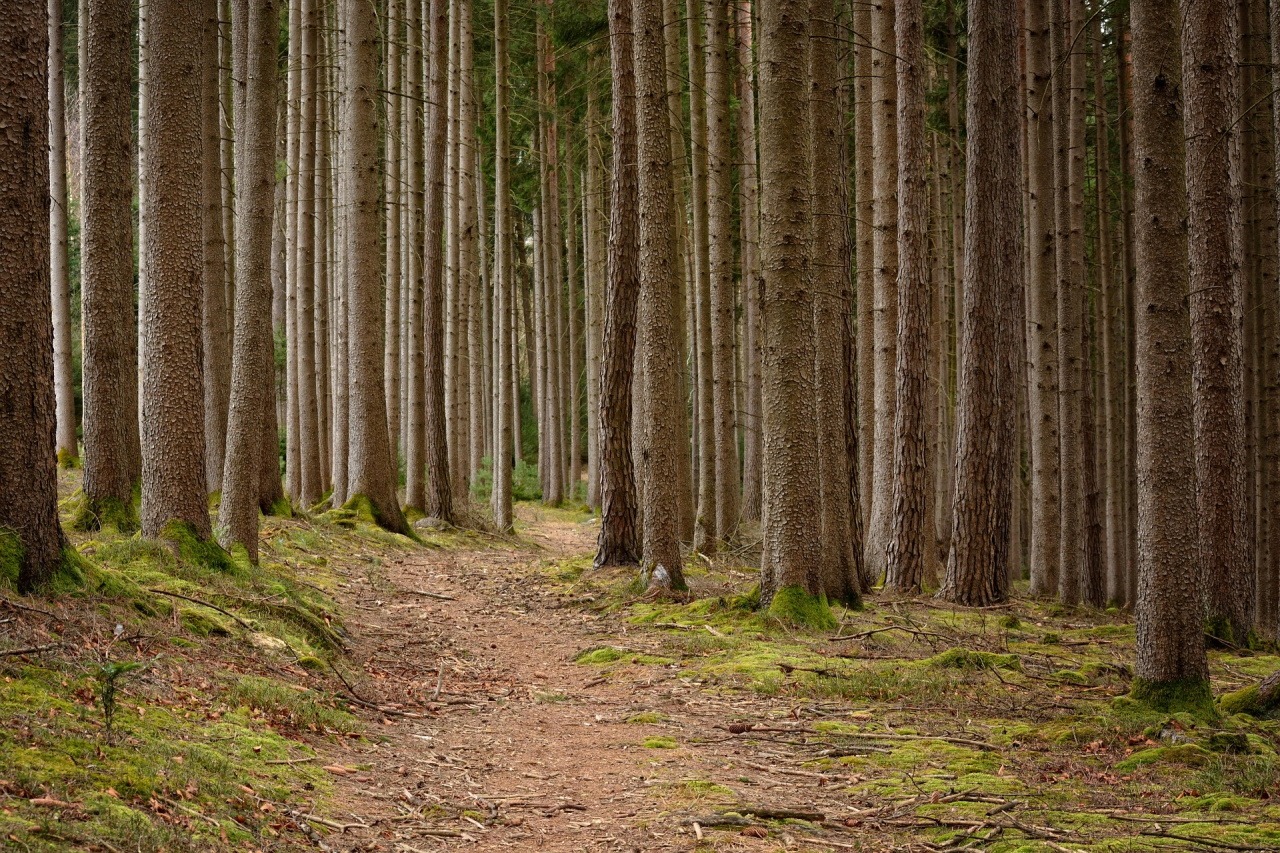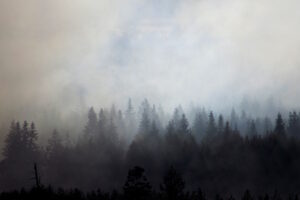There are few who would claim that climate change is good for us. What is particularly problematic for me as a New Zealander are the different responses currently being suggested. Our important income-generating agricultural and horticultural industries are major carbon emitters. Furthermore, both these sectors contribute significantly to water pollution through irrigation processes that are draining quality aquifers, and, through the discharge of nitrates and other undesirable chemicals into our waterways. Transport – private, public, commercial – is another driver of pollution.
On a per nation basis, New Zealand is not a big emitter of carbon, or a big polluter of waterways. Seventeen people per square kilometre means low population density, as our population is just over 5,000,000. Nationally, New Zealand produces almost 33,000,000 tonnes of CO2, minimal compared to India’s 2,533,000,000 tonnes. But per capita, India scores quite well with 1.8 tonne per person, compared to New Zealand’s 7.4 tonne per person, the difference due to affluent lifestyle of most New Zealanders as distinct from that in India where some 80 million people live below the poverty line of $1.25 per day.
New Zealand governments use these relatively low national emission rate to argue that we do not need to worry too much about carbon emissions when we consider how much China or the USA emit. So, we continue to have one of the highest rates of private car ownership in the world, we continue to see overseas travel as a right, not a luxury, and we can continue to be big meat eaters, after all what is 33,000,000 tonnes of carbon emissions compared to China’s 10.67 billion tonnes? Such thinking persuades government not to impose demanding changes on voter life-styles.
Technology too is identified as a way of managing climate change, and it is true that technology will eventually find some solutions such as growing genetically modified grasses which could lead to reduced carbon monoxide emissions in cattle and sheep industries. But technological change is a slow process, and so far, its positive changes are few and far between.
Finally, political parties are keen on New Zealand’s Emissions Trading Scheme (NZ ETS). This is a government-imposed cost on all carbon emissions, except for the farming and horticultural sectors. We must plant more exotic pinus radiatus forests, as these can absorb carbon emissions. Carbon-emitting industries can buy emission credits, which in effect mean they do not need to plan drastic changes, but can simply buy their way out of the carbon emitting damage they cause.
What is seen as significant about technological developments, ETS, and the planting of pinus radiatus is that no direct restrictions are in place to curb the desire for more consumer goods, or for more travel opportunities for us citizens. Most are concerned about the impact of climate change, but sadly political parties in New Zealand seem primarily concerned with keeping their voters happy when it comes to climate change. Don’t ask too much personally of voters.
Susan Smith RNDM is a lecturer emerita in The University of Auckland’s Department of Theology. Her PhD was on developments in Catholic missiology after Vatican II. After her retirement from The University of Auckland, Susan also provided NT modules for the University of Newcastle, Australia, and a Women in Leadership module for Duquesne University. Susan lives with another member of her congregation in Whangarei, New Zealand, where both are committed to exploring experientially what it means to live in an eco-community. Both are involved in neighborhood environment organizations. They are particularly interested in what might shape eco-spiritualities in New Zealand.





Thank you for your thought-provoking perspective from ANZ. I live very far north of you in Canada, and our situation is similar. Personally and culturally, we are largely in denial about the urgency of the climate crisis. Our government too, primarily presents an “easier softer way” to indicate “action” on climate.
According to Joanna Macy, when Thich Nhat Hanh was asked what’s the most important thing we can do for the sake of life on Earth? he said, “What we most need to do is to hear within ourselves the sounds of the Earth crying.”
Macy went on to say: “And now, this climate crisis is telling us, slapping us in the face saying, “Wake up, you are life on Earth.” We are living members of a living planet. We’re like cells in the living body. That body is being traumatized. So of course we feel it.”
See: https://www.kosmosjournal.org/kj_article/joanna-macy/